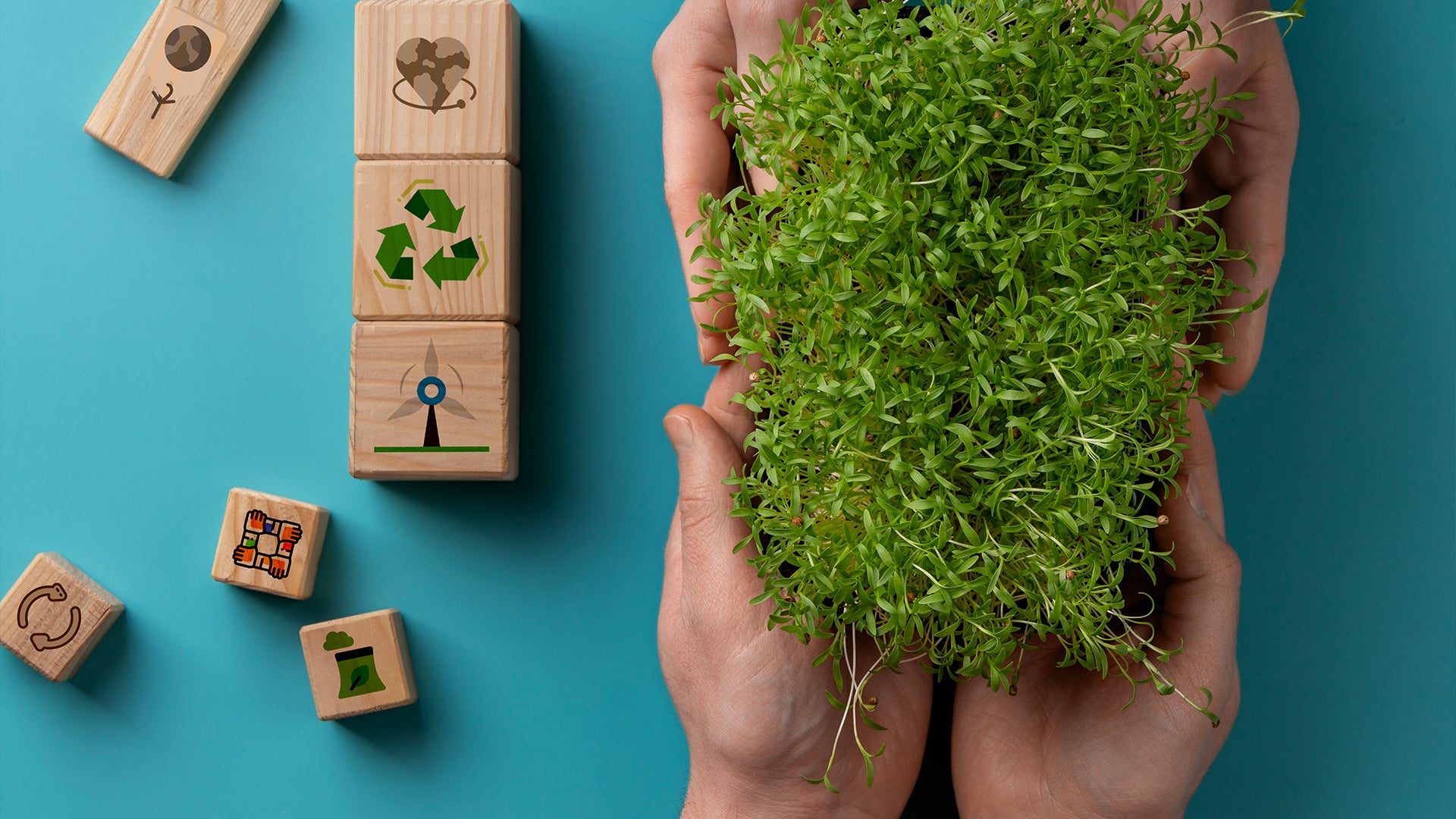Stitching a Sustainable Future: Transforming the Clothing Industry Through Sustainability

The global fashion industry, known for its glamour and creativity, is undergoing a profound transformation—one that places sustainability at the forefront. As consumers become more conscious of their choices and their impact on the planet, the clothing industry is responding with innovative approaches to create a more sustainable and responsible future. In this blog, we explore the remarkable strides being taken towards sustainability in the clothing industry and the collective efforts to redefine fashion's footprint.
The Urgency of Change
The conventional clothing industry has long been associated with issues such as overproduction, waste, pollution, and labor exploitation. The demand for fast fashion, characterized by quick turnover and low-cost garments, has contributed to a culture of disposable clothing. However, the environmental toll of this model is undeniable, prompting a much-needed shift towards sustainable practices.
The Pillars of Sustainable Fashion
-
Ethical Labor Practices: One of the fundamental changes the industry is undergoing involves addressing labor conditions and workers' rights. Brands and consumers alike are advocating for fair wages, safe working environments, and improved livelihoods for garment workers across the supply chain.
-
Eco-Friendly Materials: A cornerstone of sustainable fashion lies in the materials used. Designers and manufacturers are increasingly turning to organic cotton, hemp, bamboo, and recycled fabrics to reduce the environmental impact of clothing production. These materials often require fewer resources and have lower carbon footprints.
-
Circular Design: The concept of a circular economy is gaining traction within the fashion industry. Brands are designing products with longevity in mind, using durable materials and versatile styles that can withstand changing trends. Additionally, the recycling and upcycling of old garments are being embraced to extend the lifecycle of clothing.
-
Reduced Waste: The 'make, use, dispose' mentality is being challenged by the strive for zero waste. Brands are exploring innovative techniques such as zero-waste pattern making and cutting, minimizing offcuts, and utilizing textile waste to create new products.
-
Transparency: Brands are becoming more transparent about their supply chains, production processes, and sourcing methods. This allows consumers to make informed choices and supports accountability within the industry.
Innovative Initiatives
-
Slow Fashion Movement: The slow fashion movement encourages consumers to buy less and choose high-quality, timeless pieces that endure beyond seasonal trends. This approach promotes mindful consumption and aligns with the principles of sustainability.
-
Rentals and Swapping: Clothing rental platforms and clothing swaps are gaining popularity, offering a way to enjoy variety without contributing to overconsumption. This not only reduces demand for new products but also fosters a sense of community and sharing.
-
Tech-Driven Sustainability: Technology is playing a crucial role in driving sustainability. From 3D printing of clothing to AI-driven supply chain optimization, innovations are enhancing efficiency and reducing waste.
Challenges and the Road Ahead
While the strides towards sustainability are promising, challenges remain. The industry must grapple with finding scalable solutions that balance economic viability, ethical practices, and environmental conservation. Moreover, education and awareness campaigns are essential to inform consumers about the impacts of their choices and to encourage them to support sustainable brands.
A Collective Responsibility
The journey towards sustainability in the clothing industry is a collective effort that involves brands, consumers, policymakers, and all stakeholders. By demanding transparency, supporting ethical brands, and embracing conscious consumption, we can collectively shape an industry that not only adorns us but also cares for the planet.
As sustainability becomes a defining factor in shaping the future of fashion, the clothing industry has a unique opportunity to stitch together a narrative of positive change—one that embodies creativity, compassion, and responsibility.


